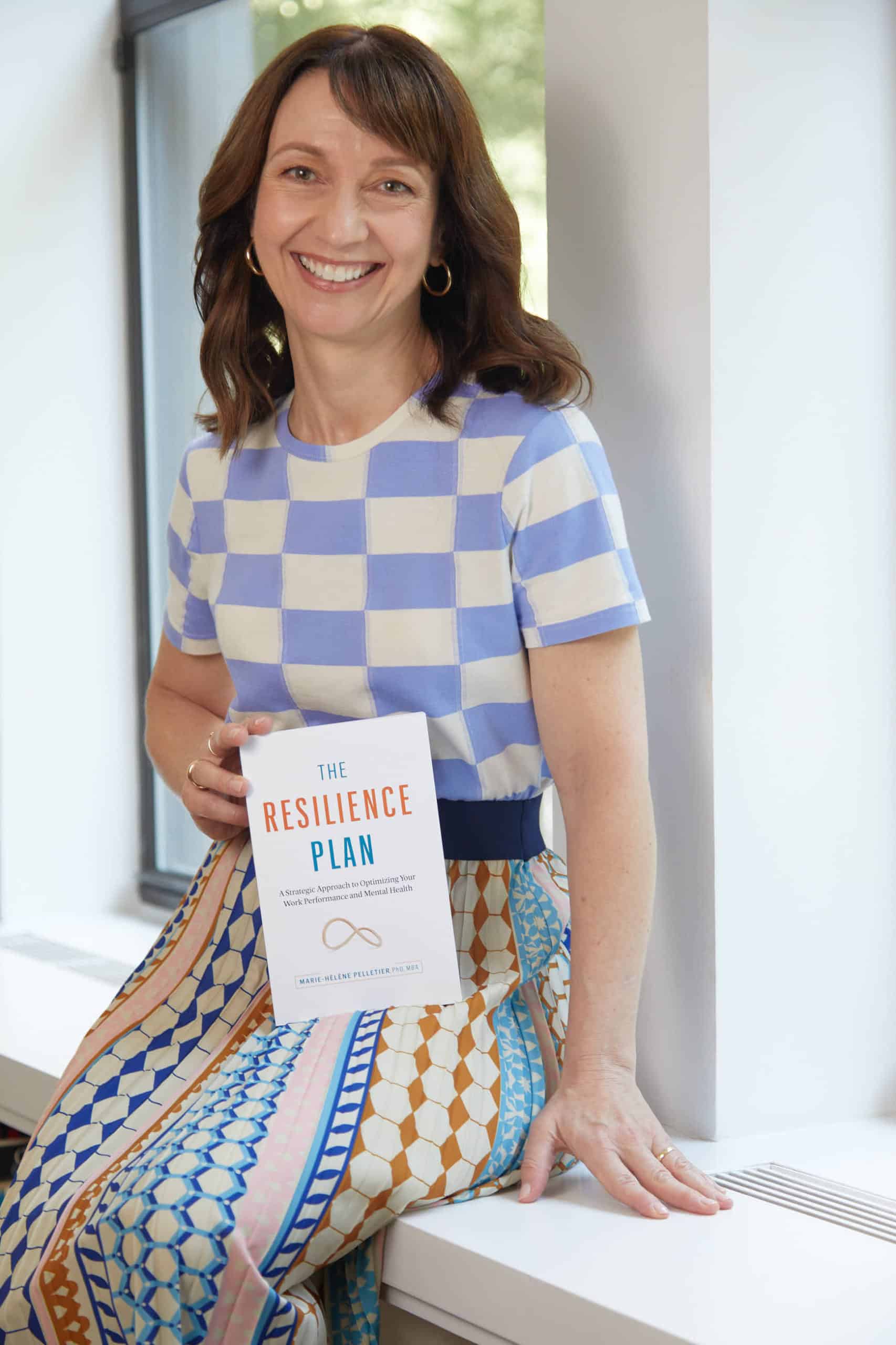
7 lifestyle changes that can increase your resilience
7 lifestyle changes that can increase your resilience
There is nothing I like more than solid research that you can use in daily life to improve your health. Increasing your resilience is a great example, with research identifying 7 lifestyles factors that have the potential to significantly improve your resilience.
7 lifestyle changes
You can likely guess the first one: exercise. This is often the first thing that goes when you get busy, yet it’s the one that may be most important to maintain. There are three things most people do not know about the link between exercise and mental health:
- First, it is potentially the most powerful single action we can take on a daily basis – even in small doses. Studies have compared therapy, medication and exercise as treatment for depression, and exercise was often shown to be an effective form of treatment.
- Second, exercise at mid-life can act as a protective factor against dementia in older age. So, contrary to what many think, we can influence our mental health later in life by actions we take today.
- Finally – there are a range of exercise types that can work, including cardio, strength training and meditative-type activity.
The second lifestyle factor is nutrition. Depending on the specific study, people have a 35-60% lower risk of depression if they eat a Mediterranean diet (e.g., fish, oils, leafy vegetables) – the same type of foods we eat to decrease our risk of physical illnesses like cancer.
The third lifestyle factor is our relationships. An absence of relationships in our lives has been shown by research to put us at risk of both physical and psychological challenges. So we need to schedule and protect times with others – and consider them important appointments we won’t move.
There are four other areas that have been shown to increase our resilience – time in nature (beyond your front porch – think forests and parks), volunteer work or support to others (this could be formal volunteering or simply helping a friend), recreational activities (yes, need to have some of that) and some form of spirituality (research has shown that those who make spirituality part of their life have higher resilience).
Of course, there are many other factors that can impact our resilience; the way we think, for example, the demands we face, and the personal and larger situation we’re in all have an influence on our resilience. But the more we do to take control where we have it, the better off we’ll be.

